Taking care of your lips is just as important as taking care of your skin. Your lips are constantly exposed to environmental elements, which can lead to dryness, cracking, and overall discomfort. This is where lip scrubs come into play. By exfoliating dead skin cells, lip scrubs help to reveal smoother, softer lips. But with so many options available, how do you choose the right one for your skin type? In this article, we’ll guide you through the process, ensuring you find the perfect lip scrub tailored to your specific needs.
Understanding Your Skin Type
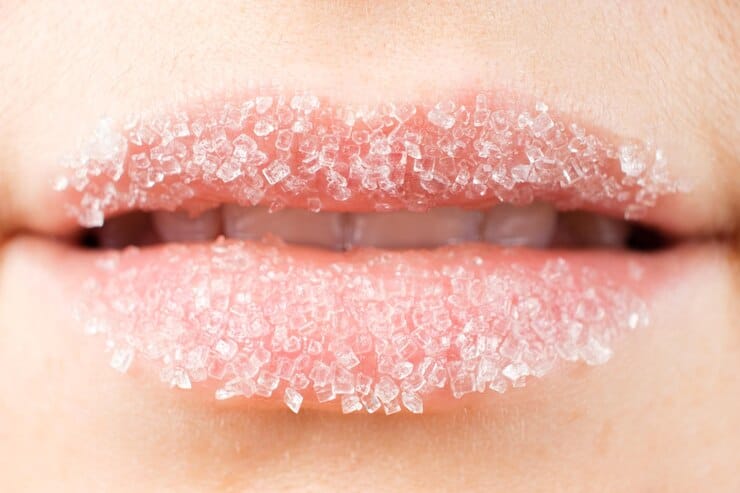
Before selecting a lip scrub, it’s crucial to understand your skin type. Your skin type determines how your skin reacts to different ingredients and products. The main skin types are dry, oily, sensitive, and combination. Knowing your skin type allows you to choose a lip scrub that will enhance your lip care routine without causing irritation or imbalance.
Why Skin Type Matters in Lip Care
Your skin type plays a significant role in how well a lip scrub works for you. For example, a scrub that’s too abrasive might worsen dryness, while one that’s too oily might not benefit someone with naturally oily skin. Tailoring your lip scrub to your specific needs ensures that your lips stay smooth, healthy, and hydrated.
Types of Lip Scrubs
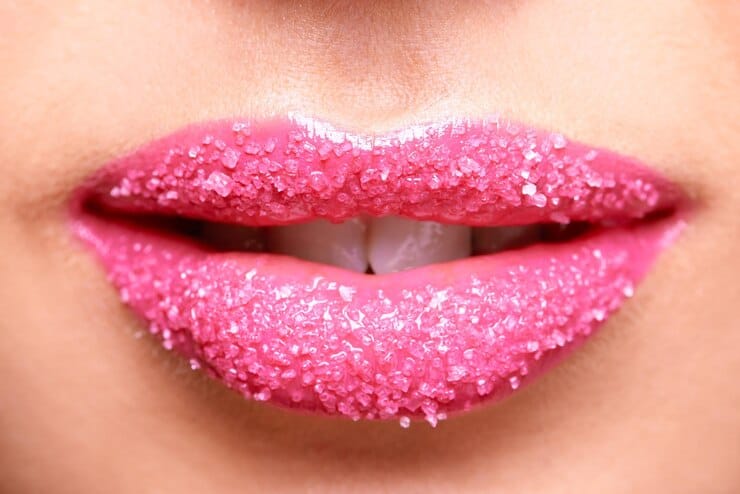
Lip scrubs come in various formulations, each catering to different skin types and preferences. Common types include sugar scrubs, salt scrubs, and those infused with moisturizing oils or butters. Some scrubs focus on gentle exfoliation, while others offer deeper, more intense scrubbing action.
Lip Scrubs for Dry Skin
If you have dry skin, look for lip scrubs that include hydrating ingredients like honey, shea butter, or jojoba oil. These ingredients help to replenish moisture while gently exfoliating dead skin cells. Avoid scrubs with overly harsh abrasives, as they can exacerbate dryness and cause irritation.
Lip scrubs for oily skin
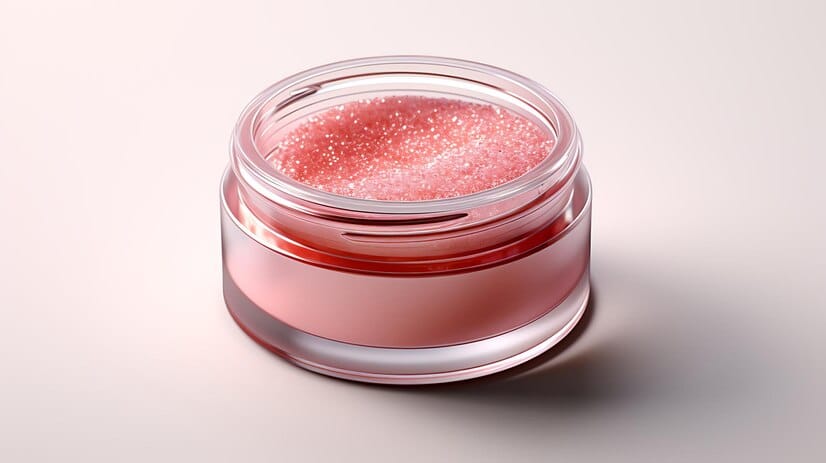
For oily skin, opt for lip scrubs that are lightweight and non-comedogenic. Ingredients like lemon, sugar, or green tea can help balance oil production while exfoliating. Avoid lip scrubs with heavy oils or butters, as they may leave your lips feeling greasy or lead to clogged pores around the lip area.
Lip scrubs for sensitive skin
Sensitive skin requires extra care, so choose a lip scrub with gentle exfoliants like oatmeal or finely ground sugar. Look for formulations that are fragrance-free and hypoallergenic to minimize the risk of irritation. Natural ingredients like aloe vera or chamomile can soothe and calm sensitive lips.
Lip scrubs for combination skin
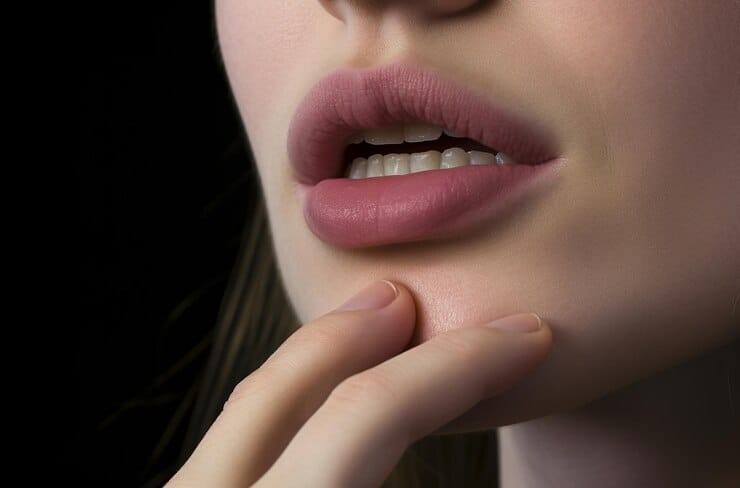
Combination skin can be tricky, as it requires balancing both dry and oily areas. A lip scrub with a balanced formulation—something that offers hydration without being too heavy—is ideal. Ingredients like sugar, honey, and mild fruit extracts can work well for combination skin, providing exfoliation and moisture in one.
Common Ingredients in Lip Scrubs
Lip scrubs often include ingredients like sugar, salt, oils, and butters. Sugar is a popular choice for its gentle yet effective exfoliating properties. Salt scrubs offer deeper exfoliation but can be drying, so they are often paired with hydrating ingredients. Oils like coconut or jojoba provide moisture, while butters like shea or cocoa add an extra layer of nourishment.
How to use lip scrub properly
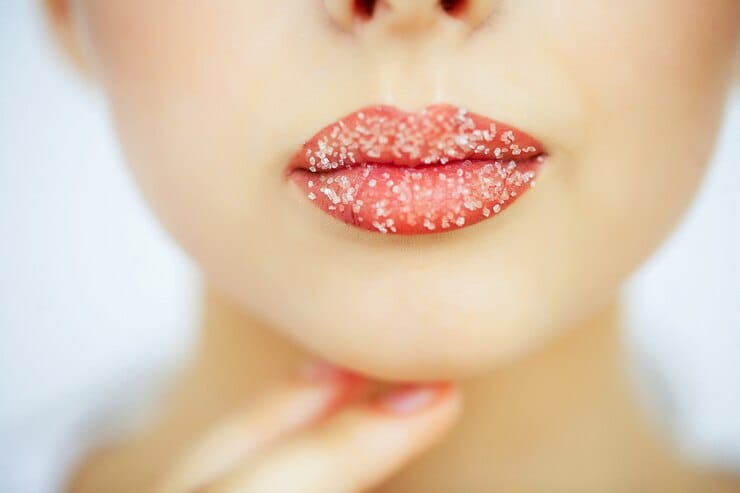
To get the most out of your lip scrub, apply a small amount to your lips and gently massage in circular motions. Focus on areas with dead skin buildup, but be careful not to over-exfoliate. Rinse off with warm water and follow up with a hydrating lip balm to lock in moisture.
DIY vs. Store-Bought Lip Scrubs
DIY lip scrubs are a popular option for those who prefer natural ingredients and customization. You can easily make a scrub at home using sugar, honey, and your choice of oil. Store-bought lip scrubs, on the other hand, offer convenience and often include specialized ingredients for different skin types.
Tips for Maintaining Healthy Lips
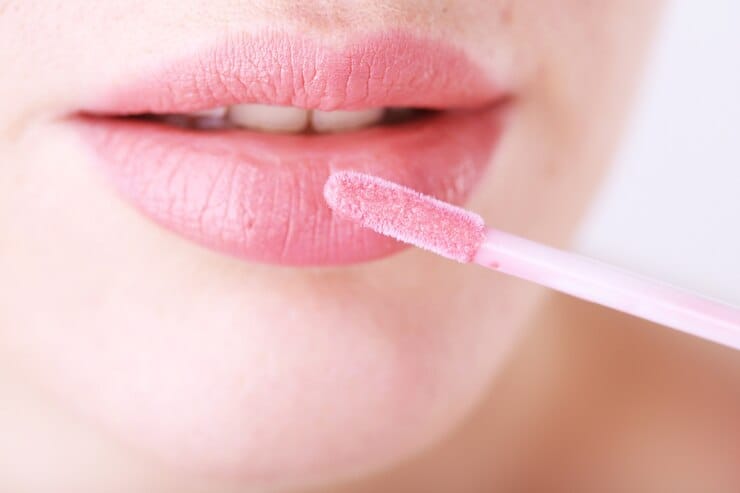
In addition to using a lip scrub, maintain healthy lips by staying hydrated, avoiding licking your lips, and protecting them from harsh weather conditions. Regularly applying a lip balm with SPF can prevent damage from UV rays and keep your lips soft and smooth.
Choosing the Right Lip Balm to Pair with Your Lip Scrub
After exfoliating, it’s essential to apply nourishing lip balm to restore moisture. Choose a lip balm that complements your skin type. For dry skin, opt for balms with rich ingredients like shea butter or beeswax. Oily skin types might prefer a lighter balm with ingredients like aloe vera or hyaluronic acid. Sensitive skin will benefit from fragrance-free, hypoallergenic options.
Conclusion
Choosing the right lip scrub for your skin type is essential for maintaining soft, healthy lips. By understanding your skin type and selecting a scrub with suitable ingredients, you can achieve the perfect balance of exfoliation and hydration. Pairing your lip scrub with the right lip balm and following a consistent lip care routine will ensure that your lips stay in their best condition year-round.
FAQs
Can lip scrubs help with pigmentation?
While lip scrubs can remove dead skin cells, they may not significantly reduce pigmentation. Regular use, combined with a good lip balm, can improve overall lip appearance.
Can I use a lip scrub daily?
It’s not recommended to use a lip scrub daily as it can lead to irritation. Stick to 2-3 times a week.
Are DIY lip scrubs safe for all skin types?
Generally, yes, but it’s essential to choose ingredients that suit your specific skin type to avoid reactions.
What should I avoid in a lip scrub if I have sensitive skin?
Avoid harsh exfoliants like salt and strong acids. Opt for gentle, soothing ingredients like aloe vera and oatmeal.
How often should I replace my lip scrub?
Most lip scrubs last about 6–12 months. Check the expiration date and store them properly.







